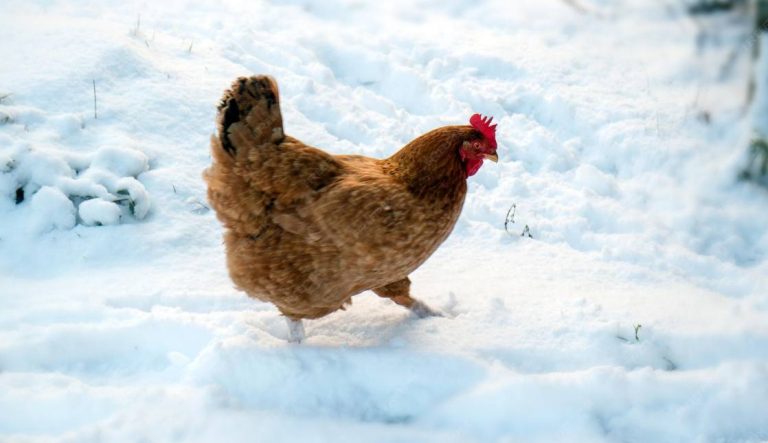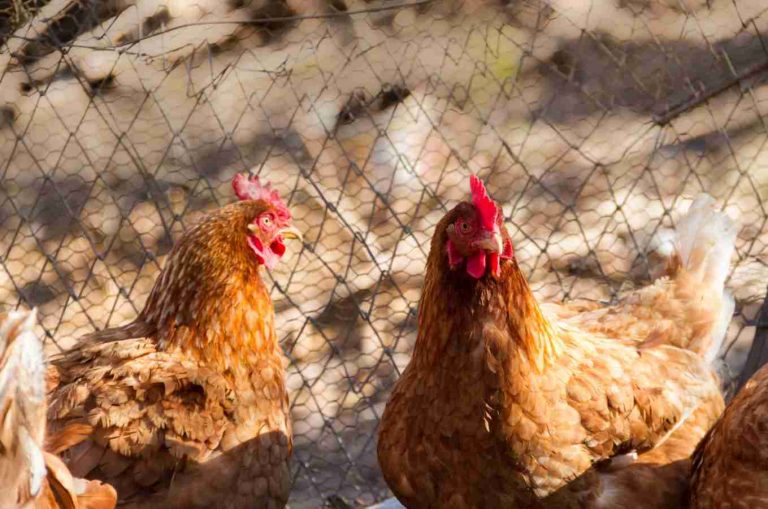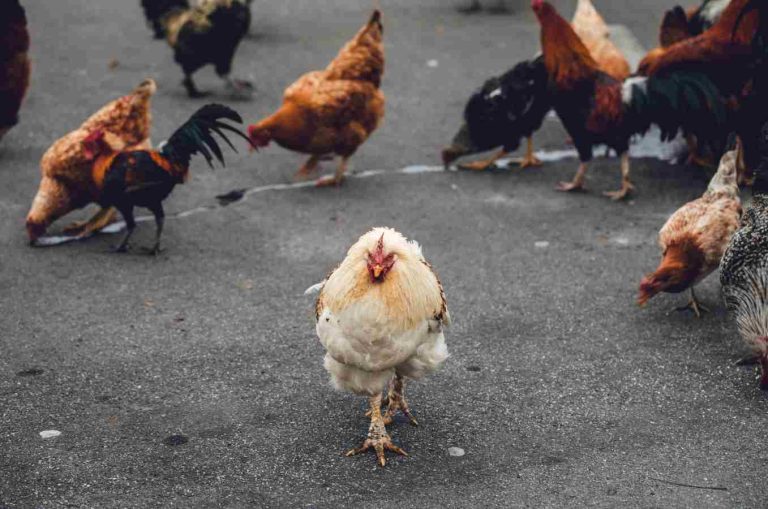How Do Chickens Make and Hear Sounds?
What Helps Chickens Create Vocalizations?
Chickens have air sacs and a syrinx that they use to push air out of the body and cause thin membranes to vibrate and create noise. They tweak the pitch, tone and length by tightening or loosening syrinx muscles. This lets them produce all kinds of sounds, from soft clucks to loud warning cries.
How Do Chickens Understand Sounds?
Chickens’ ears are built to catch vocal signals well. Their ears have three parts: outer, middle and inner. When the outer ear picks up a sound wave, it turns into vibrations in the eardrum. These vibrations travel through the middle ear to the cochlea in the inner ear, where they become nerve signals. Amazingly, chickens can regrow damaged ear hair cells even as they age, giving them better hearing than humans over time.
What Are Chickens Saying with Their Vocalizations?
Why Do Roosters Crow and Hens Cackle?
Roosters crow for a few reasons. Roosters often “crow” to communicate dominance over other chickens or to indicate safety for the flock. This noise isn’t just random; it helps set up who’s in charge in the group.
Hens let out a cackle after laying an egg. This sound might tell others about a successful egg-laying or keep predators away from the nest.
What Do Alarm Calls, Food Calls and Gakel Calls Mean?
Alarm calls are vital for safety. They can also give alarm calls when there are potential predators nearby. These sharp, high-pitched noises warn the flock about danger.
Food calls usually come from mother hens with chicks. Mother hens are known to make “food calls,” which are auditory clues to help chicks learn which foods are safe to eat.
Gakel calls show when chickens are frustrated or need something. They happen when chickens can’t reach food or space, signaling they’re unhappy with their setup.
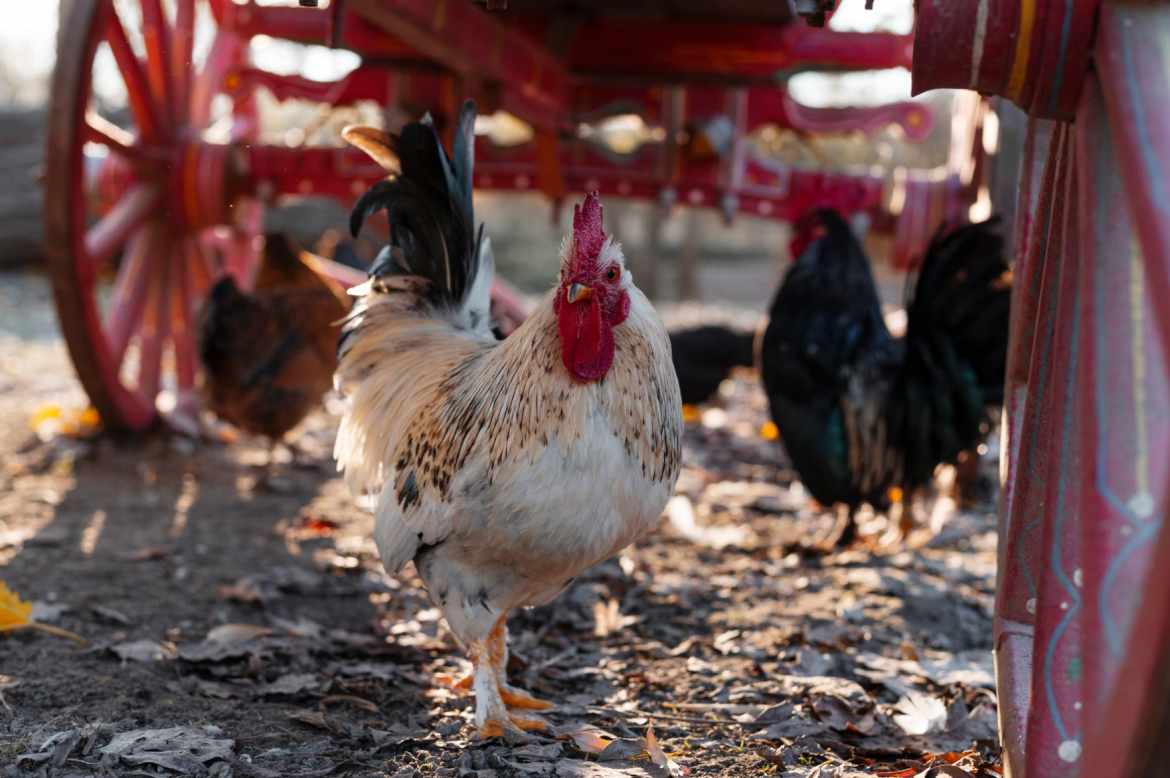
How Can Chicken Sounds Show Stress or Discomfort?
Which Sounds Are Linked to Environmental Stress?
Things like crowded pens, stuffy air, or extreme heat can change how chickens sound. “Calling sounds” and “distress calls” often come from young broiler chicks when they’re alone or stressed. These noises differ in pitch and loudness from normal sounds like happy chicken sounds or gentle clucking.
How Do Sound Changes Show Health Issues?
Changes in chicken noises can point to health problems. Avian diseases targeting the respiratory system, such as infectious bronchitis, are among the most threatening diseases for poultry flocks, often resulting in altered or labored breathing sounds. Listening for these sound that a chicken makes shifts can help farmers catch sickness early, before visible signs pop up.
How Does Poultry Farm Equipment Help Chicken Welfare?
Can Equipment Design Change Chicken Behavior and Sounds?
Yes, equipment design plays a big role in chicken behavior and cuts down on stress-related noises like gakel calls or distress cries. Badly made cages that limit movement or have poor air flow can stress chickens out, leading to more upset clucking or loud squawks.
On farms with great poultry farm equipment, chickens stay calmer and make more happy chicken sounds—soft clucks that show they’re comfy.
How Does Good Housing Reduce Stress Sounds?
Well-built housing with environmental controls can greatly cut down chicken sounds meaning stress or unease. Auto-feeders ensure steady food without fights that cause tension. Ventilation keeps air fresh and temps right, reducing breathing issues that lead to weird chicken sound effect patterns.
Zeus: Improving Poultry Welfare with Smart Equipment
How Does Zeus Poultry Cage Equipment Help Chickens Talk?
At Zeus, we know how important it is for chickens to express themselves naturally through sound that a chicken makes—whether it’s food calls or social clucks. Our poultry cage equipment is made for both productivity and chicken well-being.
Features of Zeus Layer Cages for Comfort and Less Stress
The cascading laying hen cage equipment is stacked layer by layer for easy management. There is sufficient distance between each layer of cages to ensure ventilation in the chicken cage, thereby reducing the temperature of the chicken itself. The cage bottom has just-right springiness, making walking comfy—a big help in cutting frustration-driven gakel calls.
Feeding is uniform, low noise, energy-saving, which helps reduce competitive behaviors that often lead to loud vocalizations due to stress.
Environmental Controls to Reduce Noise-Related Stress
Our environmental controllers pair with negative pressure fans and water curtains to keep the chicken house at ideal conditions. This cuts outside noise—a sneaky cause of distress calls—and keeps things steady all year.
Why Choose Zeus for Modern Poultry Farms?
Hebei Zhou Machinery Manufacturing Co., Ltd. has always been committed to the research and development, manufacturing, sales, installation and after-sales service of poultry breeding equipment. We offer full solutions—from auto-feeders to climate controls—that boost poultry welfare and farm efficiency.
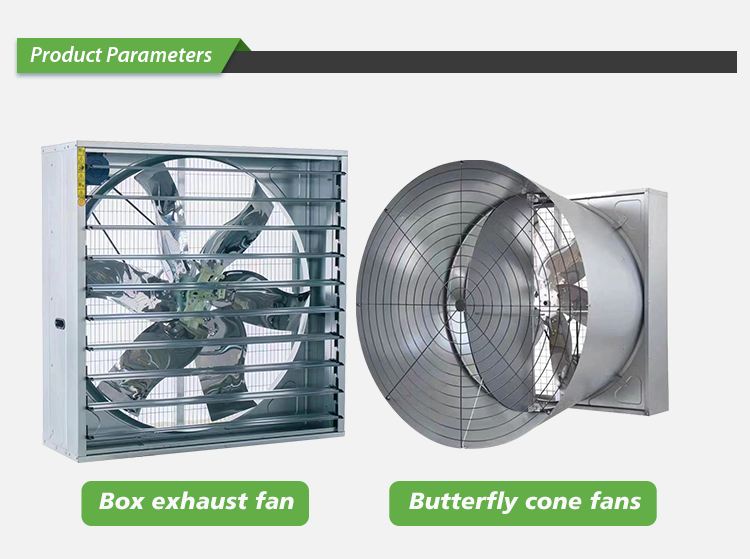
Why Chicken Sounds Matter for Farmers
Understanding the sounds of chicken in words helps farmers check their flock’s health and happiness. Happy chicken sounds, like soft clucks or purrs, show a content flock. Frequent distress or gakel calls mean something’s wrong and needs fixing. By listening closely, farmers can adjust housing or care to keep chickens healthy.
How Can Farmers Use Sounds to Boost Welfare?
Farmers can use chicken sound effect patterns to spot issues early. A rise in distress calls might mean overcrowding or bad air quality. Pairing these cues with solid equipment, like Zeus’s ventilation and feeding systems, creates a calmer, healthier flock with fewer stress sounds.
Can Tech Help Track Chicken Sounds?
Yes, new sound-monitoring tech can analyze what sound does chicken make to find patterns. These tools can flag odd chicken sounds meaning stress or sickness, letting farmers act quick. Combining this with Zeus’s smart equipment builds a top setup that keeps chickens comfy and their vocalizations positive.
Tips for Picking the Right Poultry Equipment
What to Look for in Cage Systems?
Choose cages with enough room, good air flow and quiet feeders. Zeus’s layer cages, with smart spacing and springy bottoms, let chickens move freely and make happy chicken sounds instead of stress calls.
How to Balance Cost and Welfare?
Spending on quality equipment like Zeus’s saves cash long-term by cutting health issues and boosting egg output. Good ventilation and feeders mean fewer vet visits and happier chickens, shown by their calm sounds of chicken in words.
Where to Find Zeus Equipment?
Our poultry cage equipment is available through trusted distributors. Reach out to Hebei Zhou Machinery Manufacturing Co., Ltd. for info on our full range, from cages to climate controls, all made to support healthy, happy flocks.
Extra Tips for Chicken Farmers
Monitoring Sounds for Better Flock Management
Regularly listening to your flock’s sounds of chicken in words can reveal a lot about their needs. A quiet, content cluck means all’s well, while sudden loud calls might signal a predator or health issue. Using Zeus’s equipment alongside sound monitoring helps catch problems early.
Training Staff to Recognize Chicken Sounds
Teach farm workers to know the difference between happy chicken sounds and stress calls. This helps them spot issues fast, like poor ventilation or crowding and fix them with tools like Zeus’s auto-feeders or climate systems.
Combining Sound and Visual Checks
Pair sound cues with visual checks, like looking at feather condition or activity levels. This gives a full picture of flock health. Zeus’s equipment, with its focus on comfort, helps keep both sounds and visuals in the happy zone.
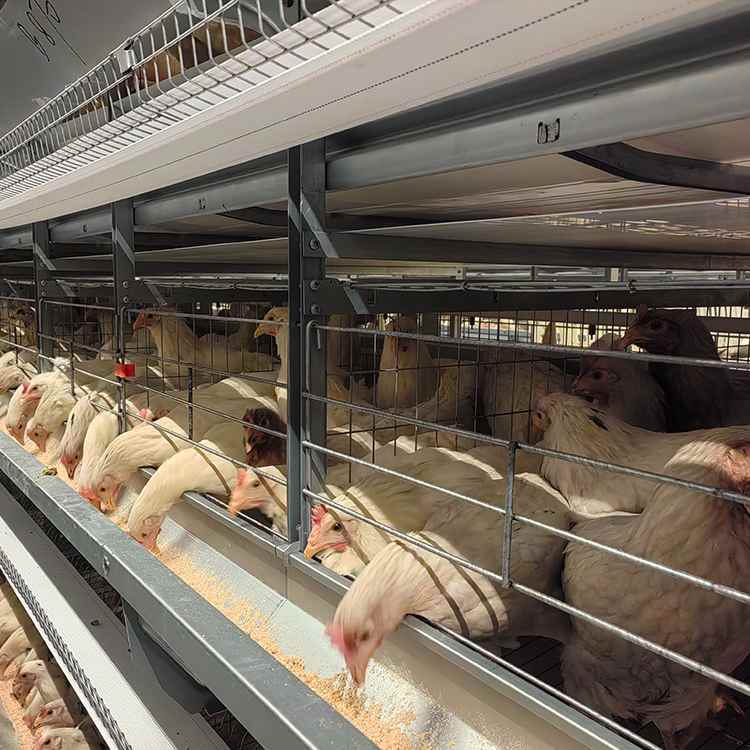
FAQ
Q: How do happy and stressed chicken sounds differ?
A: Happy chicken sounds are soft, like gentle clucks or purrs, showing comfort. Stressed sounds, like gakel calls or loud squawks, are sharp and signal unease or danger.
Q: How can I tell if my chickens are sick from their sounds?
A: Listen for changes in chicken sound effect patterns, like raspy or heavy breathing noises. These might point to respiratory issues, like infectious bronchitis and need a vet’s attention.
Q: Does better equipment really change chicken sounds?
A: Yup. Quality setups like Zeus’s cages and controls cut stress, leading to more happy chicken sounds and fewer distress calls, showing a healthier flock.


